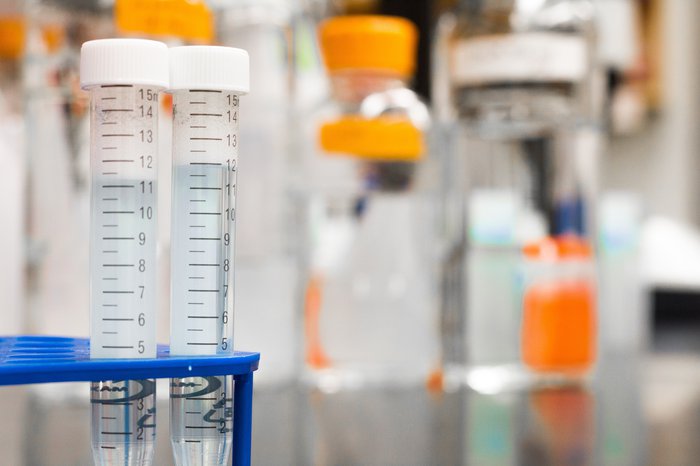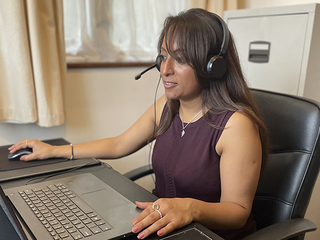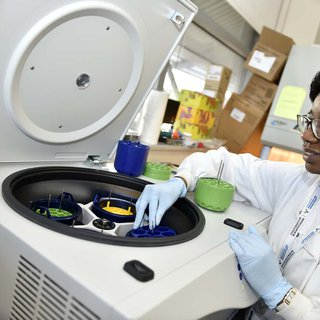Group of charities announce first blood cancer vaccine efficacy research funding
A new collaborative of charities focusing on research into COVID-19 vaccine efficacy for people with blood cancer has announced funding for research into how well they work in people with cancer that affects their immune system.

The study, called Prospective Observational Study Evaluating COVID-19 Vaccine Immune Responses in Lymphoid Cancer (PROSECO), will recruit 680 people with non-Hodgkin and Hodgkin lymphoma. This is the first study in the UK who will look at vaccine effectiveness in people with lymphoma.
People with blood cancer are at high risk from COVID-19, and research has already suggested that some of them do not respond as well to the COVID-19 vaccines as the general population. The researchers will take blood samples from people with lymphoma who have been vaccinated and look at how their immune systems have responded. They will look at the maximum response produced and will study how this changes over time. They will use the results to try to help predict which patients are most likely to be protected by the vaccines. This will form part of a wider programme of research that should mean that those who are likely to be protected can start getting back to normal life, while those who are not can be supported to continue avoiding coming into contact with COVID-19.
The research is the first project to be funded by the Blood Cancer UK Vaccine Research Collaborative, a collaboration led by Blood Cancer UK in partnership with Anthony Nolan, Myeloma UK and the British Society for Haematology.
It is already recruiting patients in Southampton, Oxford, Nottingham, Leicester, Portsmouth and Norwich, and will soon start recruiting in Newcastle. People with lymphoma who live in or near these cities can talk to their clinician about taking part.

Worried about anything or have questions?
If you need someone to talk to, please don't hesitate to contact our Support Service by phone or email.
Dr Sean Lim, from the Centre for Cancer Immunology at the University of Southampton, will lead the trial. She said: “Patients with lymphoid malignancies have weakened immune systems as a result of their disease or treatment. They are therefore more likely to develop severe COVID-19 disease and are less likely to be protected by the vaccine. This study is critical to help us understand whether these patients require a different vaccination approach.”
Gemma Peters, Chief Executive of Blood Cancer UK, said: “Many people with blood cancer want to start getting back to normal life but feel unable to do this until they know if the vaccines are likely to work for them. So we are delighted we have been able to join with other charities to fund this research, which should give us another piece of the jigsaw that will help make sure everyone with blood cancer gets answers on how likely the vaccines are to work for them.”
Henny Braund, Chief Executive of Anthony Nolan, said: “As people look forward to ‘the new normal’, blood cancer patients have been left wondering whether or not the vaccine works for them. This is wrong and Anthony Nolan will continue to work with patients, the clinical and research community and to urge the government to join us by doing more. We’d really like them to step up and fund more vital research to enable blood cancer patients to return to normal life with the rest of the UK.”
Laura Kerby, Chief Executive of Myeloma UK, said: “All blood cancer patients need to be able to understand what a safe return to a more normal way of life looks like for them. This collaborative approach to accelerating the funding of essential research is critical to giving patients that confidence. I look forward to this being the first of many exciting announcements from the group.”
Professor Adele Fielding, President of the British Society for Haematology, said: “The British Society for Haematology understands the critical importance of having accurate information on vaccine responses available to those with blood cancers and other blood disorders which may lead to supressed immune responses and is delighted to be a partner in this important work."
Find out more about the latest news from the Blood Cancer UK Vaccine Research Collaborative on our live blog.

